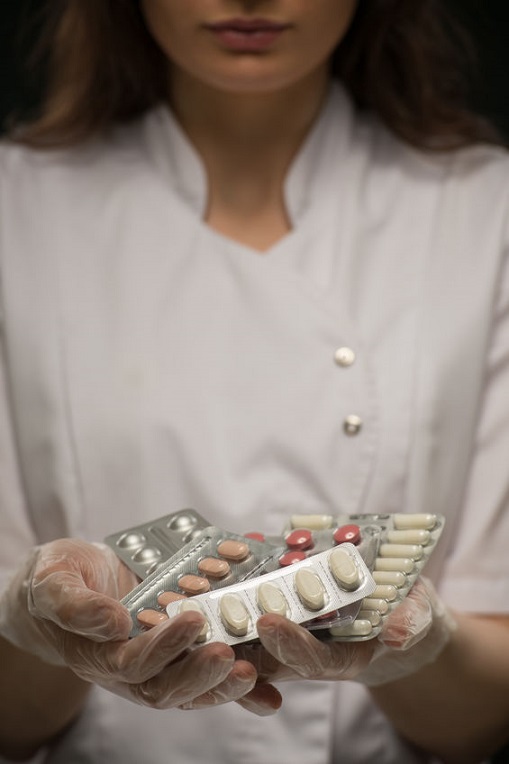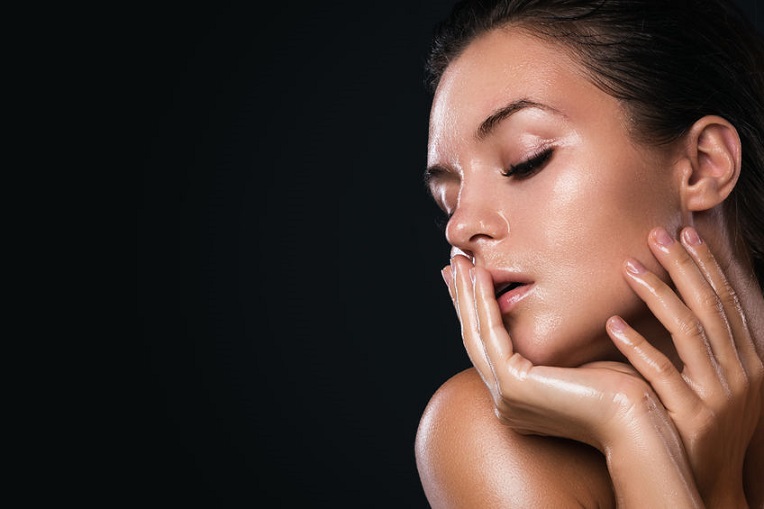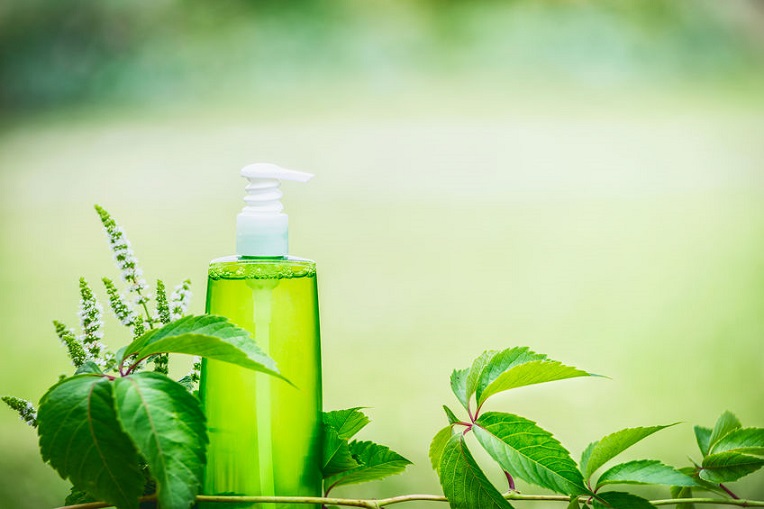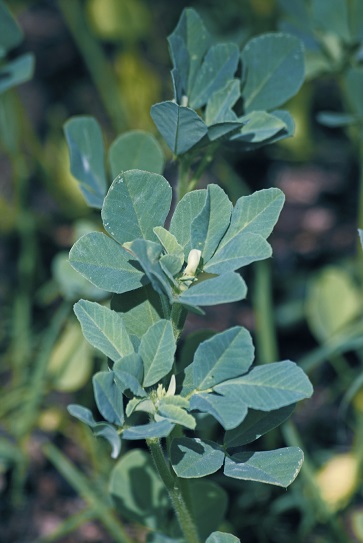Accutane For Acne: 7 Common Arguments Destroyed
Unlike oral antibiotics, the famous “last chance saloon” acne drug accutane hasn’t gone down the dumper at all recently. If anything, accutane (isotretinoin) has clawed back its popularity over the last decade, as its famous side effects are dismissed as scare stories. From 2006 to 2016, isotretinoin prescriptions in the UK rose six-fold, from 6522 […]





